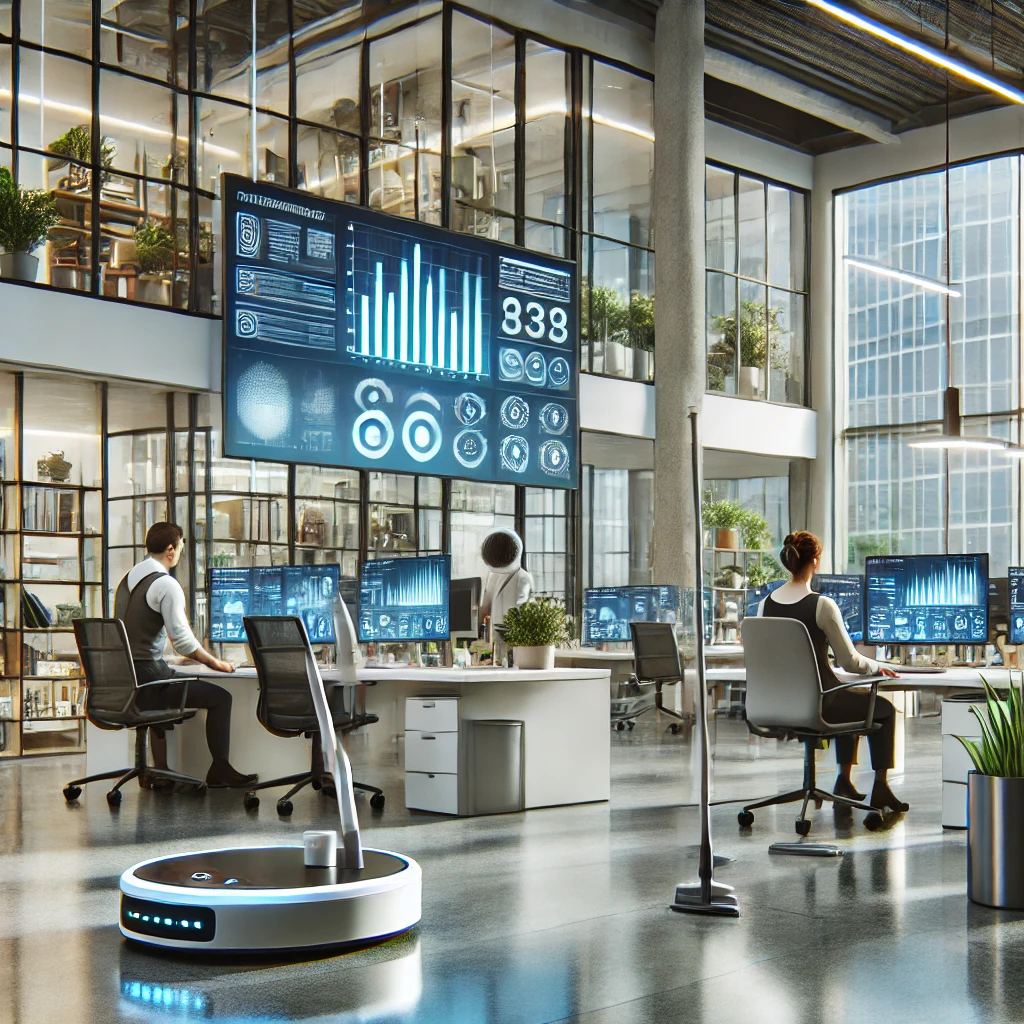In today’s fast-paced work environment, businesses are constantly looking for ways to maintain clean and productive spaces efficiently. With growing concerns over hygiene and employee well-being, smart cleaning solutions have become more popular. These technologies help streamline cleaning processes while ensuring higher standards of cleanliness.
One of the primary advantages of smart cleaning technologies is that they reduce manual effort, allowing cleaning staff to focus on high-priority areas. For instance, sensor-based systems can detect where cleaning is needed most, helping to allocate resources more effectively. This results in fewer disruptions to the workplace and ensures that cleanliness standards are consistently maintained.
Moreover, smart cleaning solutions improve overall operational efficiency by providing real-time data. This data can include usage patterns, traffic flow, and areas needing attention, allowing cleaning schedules to be adjusted according to actual needs rather than a fixed routine. As a result, businesses can save time, reduce waste, and lower costs.
Adopting these advanced systems also supports sustainability efforts. Many smart cleaning tools use eco-friendly materials and are designed to minimise water and chemical usage, further reducing the environmental footprint of businesses. The data collected by these systems helps organisations make informed decisions that align with their sustainability goals.
The future of workplace cleanliness lies in innovation. For businesses looking to create a cleaner, healthier, and more efficient workspace, adopting smart cleaning solutions is the way forward.

